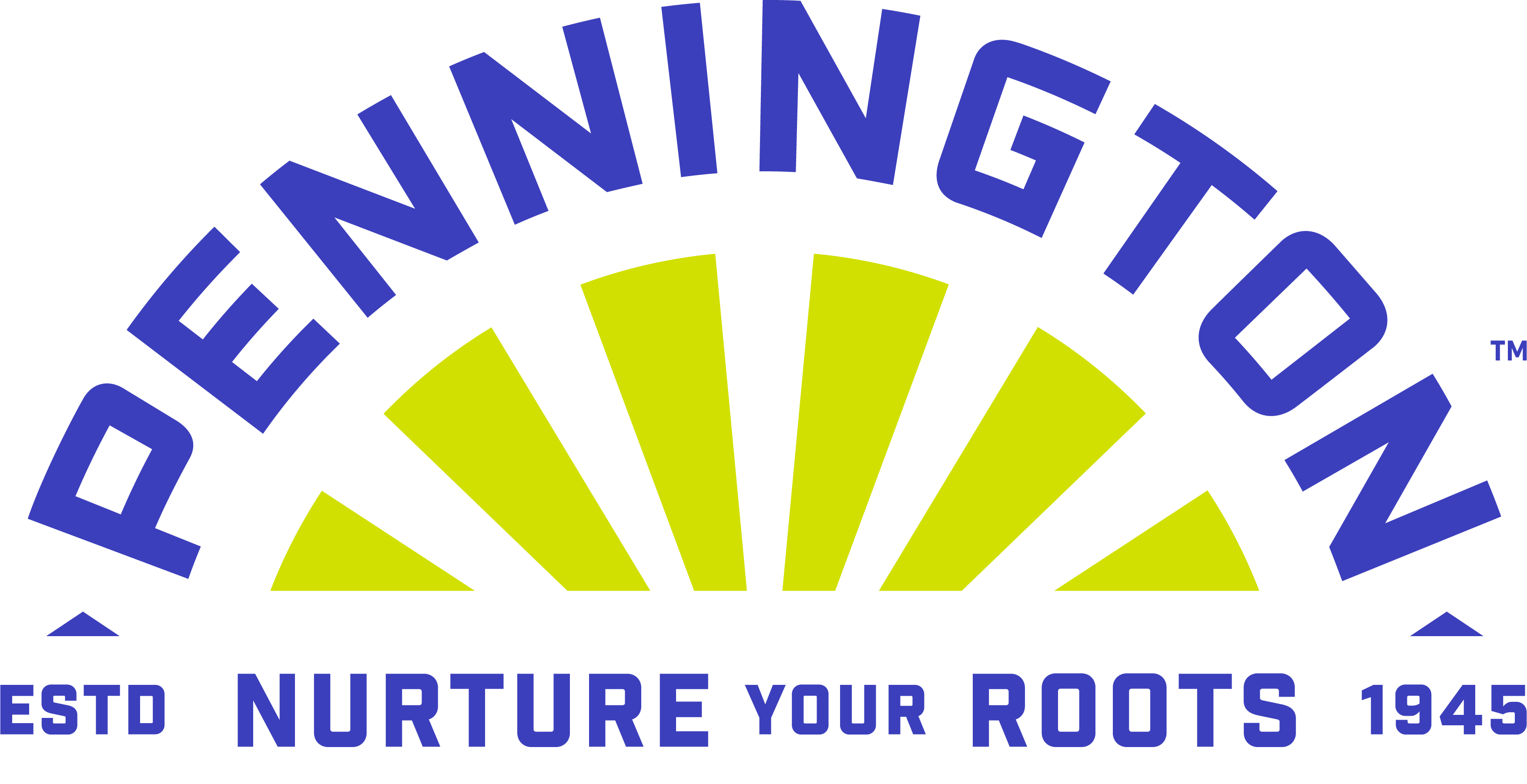Fertilizer Safety Tips for Pets, Children and Adults
Lawn and garden fertilizers help keep your landscape healthy, beautiful and green. When used according to label directions, fertilizers should cause little concern for human or animal safety, but that can change quickly when important instructions go unread or ignored. By following these 10 fertilizer safety tips, you can use fertilizers with confidence and protect your family and pets:
1. Read And Follow All Label Instructions.
All reputable fertilizer products include detailed application and safety information on the label. These label instructions include recommended rates and application methods that help ensure proper use of the product involved. Always read all label instructions thoroughly and follow label guidelines concisely. Never use a fertilizer in ways not specified on the product label.
2. Don't Equate "Organic" Or "Natural" With "Safe For Kids And Pets."
Organic products or naturally occurring chemicals are not automatically "safer" than man-made or synthetic products. When used improperly or against label guidelines, organic and natural products can be hazardous to people and pets. Treat all products carefully, whether natural or synthetic.
3. Know Your Fertilizer Product And Its Ingredients.
Some fertilizers contain nothing but essential plant nutrients in gentle forms, but products such as weed & feed fertilizers or crabgrass preventers include herbicides that kill or prevent weeds. These products may have different guidelines and require different handling than regular fertilizers.

4. Wear Protective Clothing During Handling And Application.
Limit exposed skin when working with any lawn and garden product. Protective eye gear, such as goggles, and gloves are especially important. Even products that don't normally cause irritation can become problems during hot, humid weather or other conditions.
5. Avoid Accidental Drifting, Runoff Or Spills.
Avoid applying fertilizers on windy days when products might blow or drift into other areas. Sweep excess fertilizer granules off hard surfaces, such as sidewalks, driveways and curbs, and back onto lawns to prevent runoff into storm water systems and groundwater supplies. Clean up spills immediately to limits risks and protect against fertilizer burn.

Check with your veterinarian about fertilizer products and your family's animals.
6. Limit Negative Environmental Impact.
Excess fertilizers allowed to run into ponds and waterways may, at a minimum, pollute water or cause algae problems. Herbicide-containing fertilizers may be toxic to fish and other aquatic life. Follow application guidelines closely and avoid negative environmental impact.
7. Protect Pets And Other Animals.
Fertilizers that pose little or no risk to animals when properly applied to lawns and gardens can harm animals when consumed in volume. Some natural fertilizer ingredients, such as bone meal and blood meal, are extremely attractive to dogs. Piles of spilled fertilizer and open bags often attract animals — and kids. If you have unusual pets, such as backyard hens or something more exotic, check with your vet for safety guidelines.
8. Understand Your Product's Re-Entry Period.
The time required between applying a product and going back into the area is known as the "re-entry" time. It's good practice to always keep people and pets out of an area before, during and immediately after fertilizer applications — especially when an herbicide is involved. If the label designates a re-entry period, follow it. Liquid products often recommend waiting until the product dries. Granular products may recommend waiting until the dust settles or the product has been watered in and dries. Understand your product and re-enter accordingly.

A locked cabinet can prevent many fertilizer mishaps.
9. Store Fertilizer Products Properly.
Always store fertilizer and other products in their original containers. If an emergency occurs, the information on the original container can be vital. Keep products in a cool, dry place beyond the reach of children and pets. Keep herbicide- or pesticide-containing products in locked cabinets.
10. Be Prepared For Emergencies.
If a fertilizer-related emergency occurs, call 911 or your emergency veterinarian service immediately. You can also get free, confidential advice before an emergency ever occurs through the Health Resources and Service Administration's toll-free Poison Help Line at 1-800-222-1222. A service of the U.S. Department of Health and Human Services, the line connects you with your local poison control center and specially trained medical professionals that can help you be prepared.1
By following these ten simple tips, you can handle fertilizers properly, enjoy their benefits in your lawn and garden, and protect your family and pets. Pennington is committed to producing the finest in lawn and garden fertilizers and providing you with the resources you need to use those products wisely and responsibly.
Pennington with design is a registered trademark of Pennington Seed, Inc.
Resource:
- Health Resources & Services Administration, "The Poison Help Line," U.S. Department of Health and Human Services.





